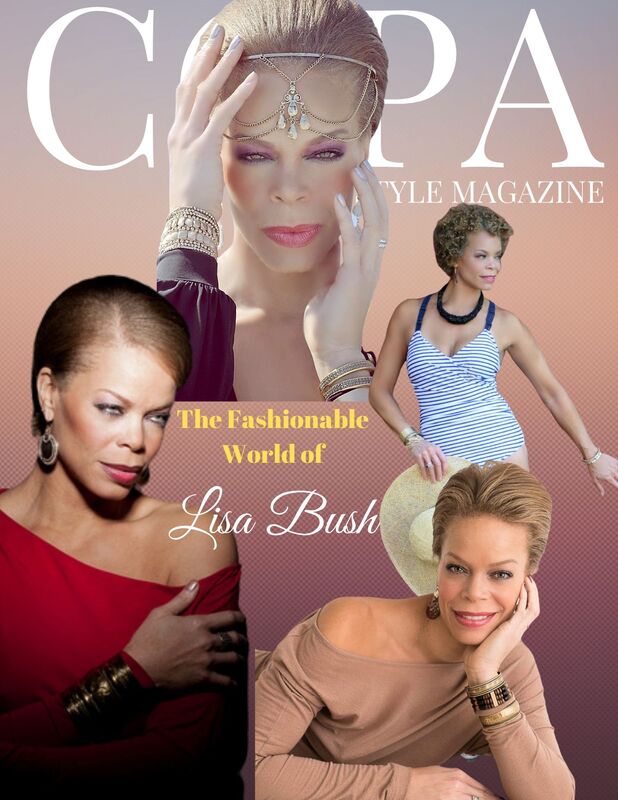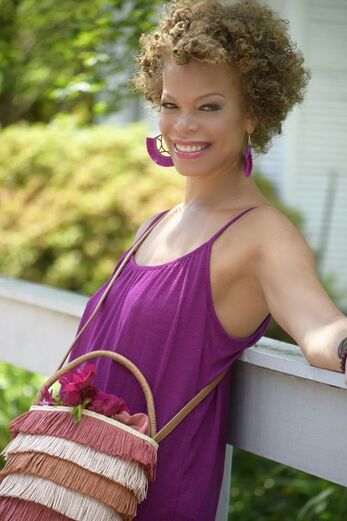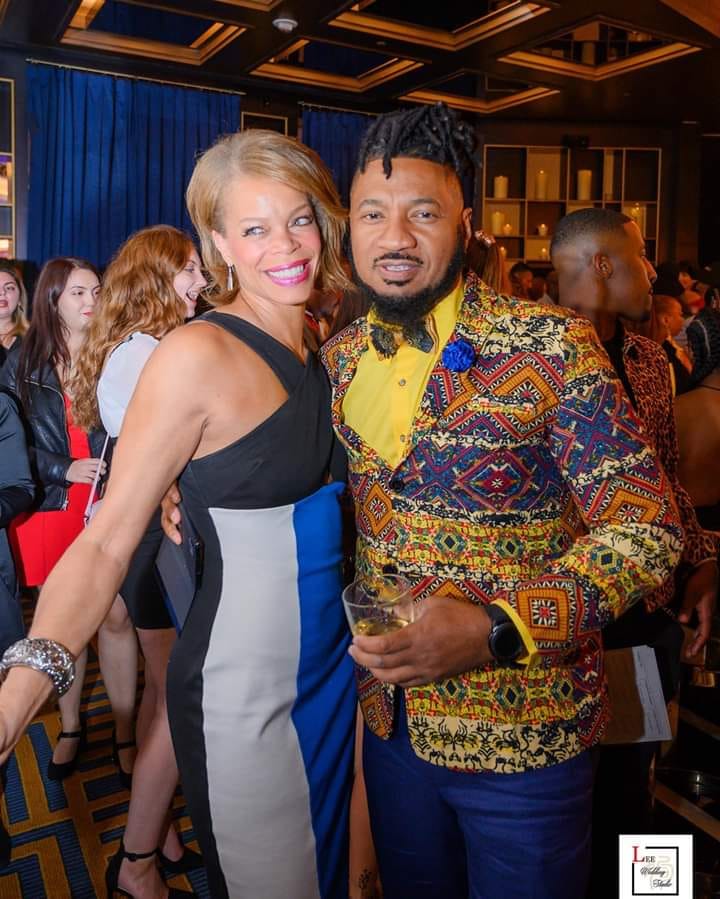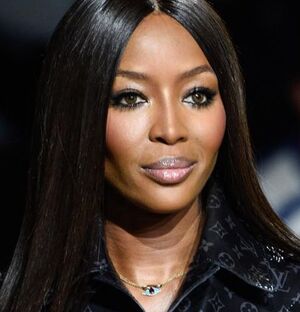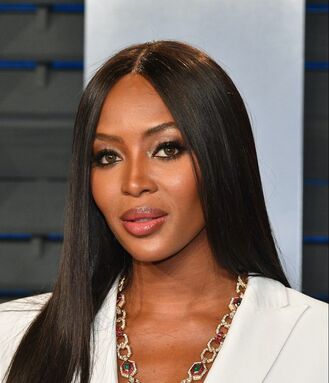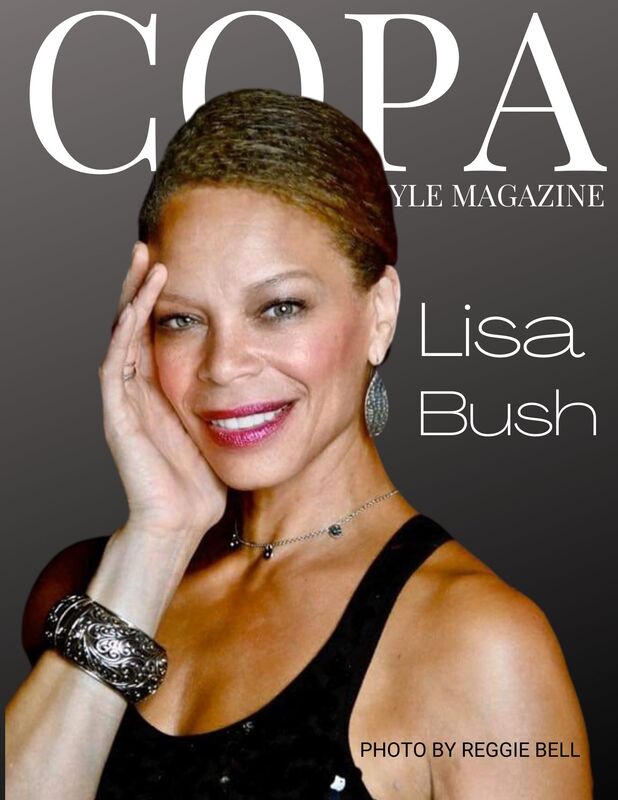Lisa Bush
Copa Style Magazine's Fashion Events Correspondent

By Rodney Wayne Branche
Copa Style Magazine's Publisher/Editor-in-Chief
|
Copa: How long have you been in the modeling industry?
Lisa: I have been in the modeling industry since 14. I started off at John Casablanca's modeling school and then I tried out for Lakeforest Mall Fall Fashion Panel in Gaithersburg, Md. Copa: What is your opinion of the present status of the Fashion industry from a Black Woman's perspective?
Lisa: Although we have broken some of the prejudicial barriers, I feel that we still have a long way to go. From a nearly 51 year old model's point of view of course, models that are younger tend to be utilized more, but I have spoken with black models who are much younger who have had a challenging time finding jobs with non-black designers. I also speak from the DMV's point of view as I have not done much work in NYC. Black models in the DMV (District, Maryland & Virginia) do pretty well with black designers for certain. They seem to do ok in NYC but not as well as their white counterparts. We still have along way to go. But we take what we can get within good reason. Props to the models who work their tails off who continue to try to break those barriers. Thankfully, Ean Williams, Designer and Founder of DC Fashion Week, works with designers from all over the world which gives black models a lot of face time and opportunity on the runway. |
Copa: Have you had any situations that have affected you personally?
Lisa: I have. I have gone to casting's where non black designers are booking models and in the end , they've booked 2 maybe 3 black models. I don't take it too personally, but it can be annoying at times. I do work for mostly black designers.
Lisa: I have. I have gone to casting's where non black designers are booking models and in the end , they've booked 2 maybe 3 black models. I don't take it too personally, but it can be annoying at times. I do work for mostly black designers.
Copa: In your personal opinion, do you think the Fashion industry has been dragging their feet too long to make a fair change in their practices in choosing more black models, especially during the official New York Fashion Week shows?
Lisa: I do. I think that the industry is so use to practice of not choosing more black models and black models are use to it too and just chalk it up as being 'just the way that it is'--It makes it especially hard because we are in competition with one another--fierce competition. In the end, a lot of models take what they can get in terms of NYC Fashion Week Shows. And for those black girls who are lucky to work with any designer, that's their ticket and they run with it. I am not saying that there isn't that 3 maybe 4 models who work all of the time because there are-- like the Naomi's and Tyra's, of the past; just enough to say..."Well we do use black models."
Lisa: I do. I think that the industry is so use to practice of not choosing more black models and black models are use to it too and just chalk it up as being 'just the way that it is'--It makes it especially hard because we are in competition with one another--fierce competition. In the end, a lot of models take what they can get in terms of NYC Fashion Week Shows. And for those black girls who are lucky to work with any designer, that's their ticket and they run with it. I am not saying that there isn't that 3 maybe 4 models who work all of the time because there are-- like the Naomi's and Tyra's, of the past; just enough to say..."Well we do use black models."
Copa: What do you think would remedy this situation? Does it need to begin with the Designers, Art Directors, or Fashion Show Producers of the hi-end shows?
Lisa: The remedy would most certainly start with everyone in the industry. It would be great to come to a round table to have a discussion where people who work in different areas of the industry , including models both black and white , could voice their opinions and get a better perspective. And, hopefully make a change based on those raw discussions. If not, the industry won't change quickly enough. We have come a little further but not enough. We are so beautiful and come in a range of color and sizes, why wouldn't we be utilized more?
Lisa: The remedy would most certainly start with everyone in the industry. It would be great to come to a round table to have a discussion where people who work in different areas of the industry , including models both black and white , could voice their opinions and get a better perspective. And, hopefully make a change based on those raw discussions. If not, the industry won't change quickly enough. We have come a little further but not enough. We are so beautiful and come in a range of color and sizes, why wouldn't we be utilized more?

